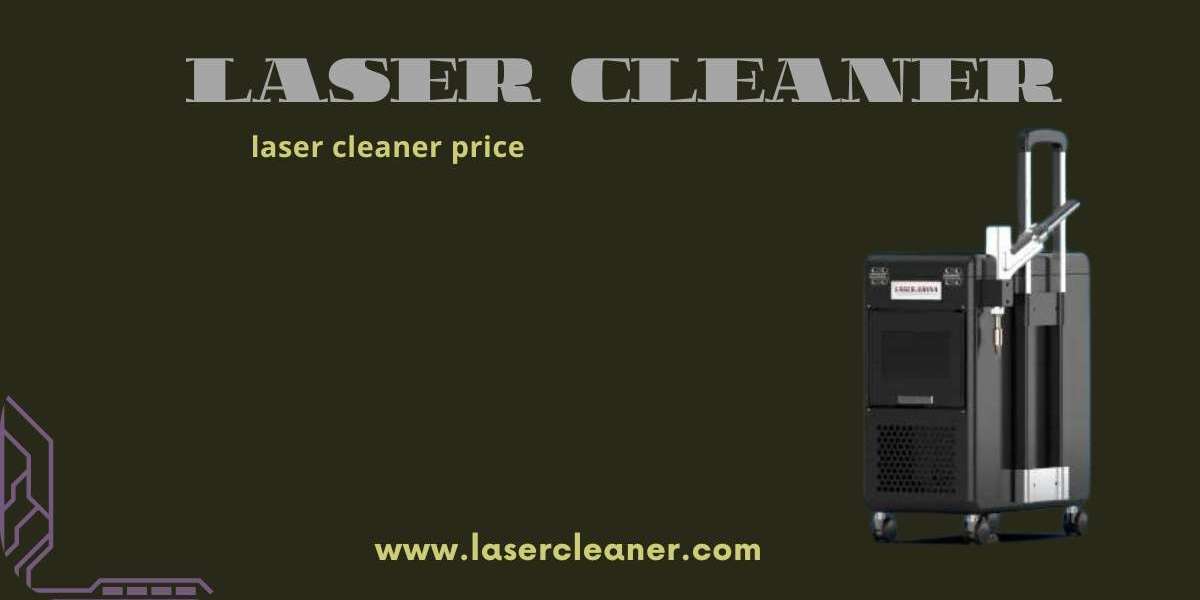The cost of a laser welder varies significantly based on several factors, including the type of laser welding technology, the brand and quality of the machine, and its intended application. Generally, laser welders can range from a few thousand to over a hundred thousand dollars, depending on the specifications and features required.
1. Types of Laser Welders: There are different types of laser welding machines designed for specific purposes. The two most common types are:
Fiber Laser Welders: These machines are typically more affordable and efficient, with costs ranging from $10,000 to $100,000 or more. Fiber lasers have gained popularity in industries like automotive and electronics due to their precision, speed, and low maintenance. The entry-level models can cost around $10,000 to $30,000, while high-end, industrial-grade machines used in heavy-duty applications can exceed $100,000.
CO2 Laser Welders: Older technology compared to fiber lasers, CO2 lasers are often used in welding thicker materials like steel or aluminum. They are less efficient than fiber lasers and may cost between $20,000 and $70,000. While CO2 lasers are still in use for certain applications, they are less commonly found in modern welding operations due to the superior performance of fiber lasers.
2. Key Factors Influencing the Cost:
Power Output and Laser Type: The laser's power output plays a significant role in determining the cost. Higher wattage laser machines, which are capable of welding thicker materials or delivering faster processing speeds, tend to be more expensive. Additionally, the choice of laser type (such as fiber, YAG, or CO2) influences the price. Fiber lasers are generally more expensive upfront, but they offer lower operating costs due to their energy efficiency.
Brand and Quality: Well-known brands with a reputation for quality, precision, and reliability will charge a premium for their machines. For instance, reputable manufacturers such as Trumpf, IPG Photonics, and Amada may have machines that start at $30,000 to $40,000, while lesser-known brands may offer lower-cost models that could be in the $10,000 to $20,000 range.
Application and Features: The intended application of the laser welder greatly influences the cost. Laser welders designed for highly specialized tasks, such as micro-welding in the medical or aerospace industries, will cost more due to the advanced technology and features required. These machines often come equipped with specialized optics, computer-controlled systems, and enhanced cooling mechanisms. Similarly, laser welders with features such as automated feeding systems or precise control for intricate welding tasks will command higher prices.
Size and Capabilities: The size and capacity of the machine also play a role in the cost. Large-scale laser welders with increased work areas and the ability to handle bigger or multiple workpieces will naturally be more expensive. Additionally, models with enhanced processing capabilities, such as multi-axis control or high-speed welding, can lead to a higher price tag.
Maintenance and Operating Costs: When considering the overall cost of a laser welder, it's essential to factor in maintenance and operating expenses. While laser welders are generally low-maintenance compared to traditional welding machines, there are still costs for parts replacement, system calibration, and periodic servicing. Additionally, some models may require more expensive consumables or specialized components that can add to the overall cost.
Conclusion: In summary, the cost of a laser welder can range anywhere from $10,000 for basic models to upwards of $100,000 or more for high-performance, industrial-grade machines. When purchasing a laser welder, it’s important to consider the specific requirements of your business, the materials you intend to weld, and the features that will best suit your needs. While the initial investment may seem significant, the advantages in terms of speed, precision, and long-term savings on operating costs can make laser welders a worthwhile investment for many industries.







